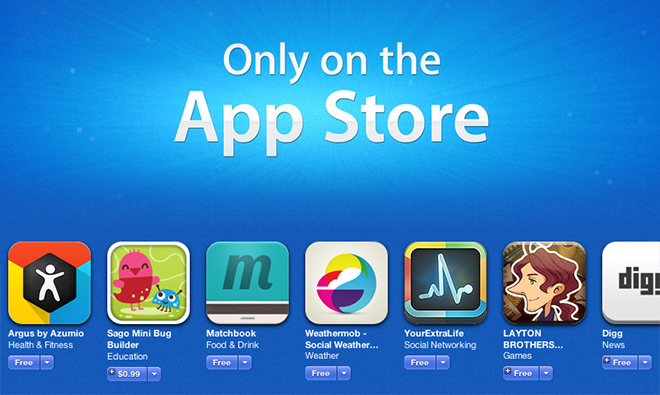Are you concerned about the personal data collected by various mobile apps? A U.S. government agency feels your pain, sort of. The National Telecommunications and Information Administration (NTIA) has issued a draft of a voluntary code of conduct it hopes will improve user privacy.
Although the NTIA is an arm of the same government rifling through your emails and other Internet activities, the agency head modestly called the voluntary guidelines a “seminal milestone” in protecting mobile privacy…
If finalized, the draft guidelines would ask app publishers to provide users “short-form” notices listing various data collection practices. They include what types of data are being collected, how to view a longer privacy policy (if it exists), whether user data is shared with third parties and the identity of the app’s publisher.
Potential data could be browser history, your phone or text logs, contacts, financial information or medical information, as well as your location, according to the agency. However, like all good voluntary guidelines ostensibly designed to protect consumer privacy, there are enough loopholes to drive a truck through.
For instance, if you enter data voluntarily, through a form, no notice is required.
As The Next Web notes, if in-app purchasing is one of the app’s functions and the app doesn’t sneakily collect financial data, then it is off the hook.
Apps often say various data are collected, but aggregated such that specific information cannot be linked to specific consumers. The draft guidelines suggest app publishers should take “reasonable measures” to ensure that aggregated data does not reconnect to individual users.
Neither publishers nor their contractors can re-establish that data link, according to the NTIA. It is debatable how much this proposal will actually protect your mobile privacy.
As the privacy watchdog group the American Civil Liberties Union said, the voluntary guidelines are a “modest but important step forward.”
While this proposal should give Apple and other players in the growing app market some cover fire against critics, the government’s effort to offer a bandaid approach to privacy only increases the need for overall consumer privacy protection.
The possibility of such action is dim, however, in an age where the government is the largest potential abuser.


